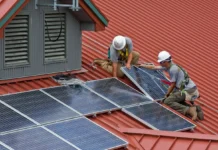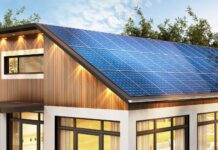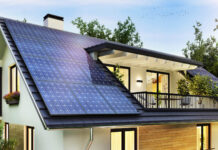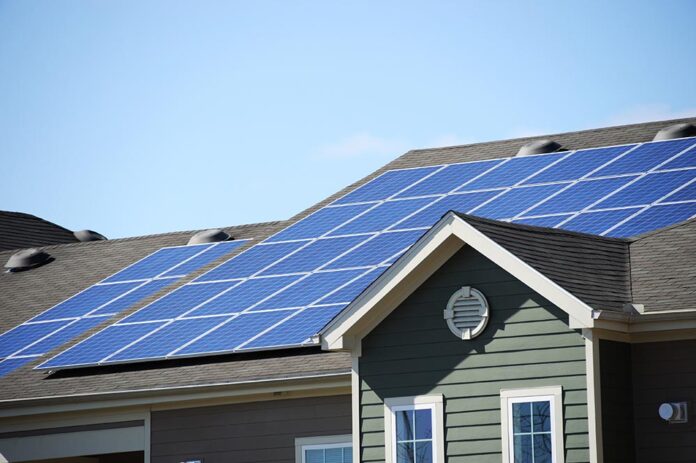
If you’re considering solar panels for home or business, it’s essential to understand the installation process. Solar panel installation is a complex process involving many different steps, from assessing your home’s solar potential to choosing the right type to install the panels and connecting them to your home’s electrical system.
With all these steps, knowing where to start can be challenging. Here, we’ll give you eight tips for understanding the process of installing solar panels. By the end, you’ll better understand what’s involved and what you need to do to get started.
1. Assess Your Home’s Solar Potential
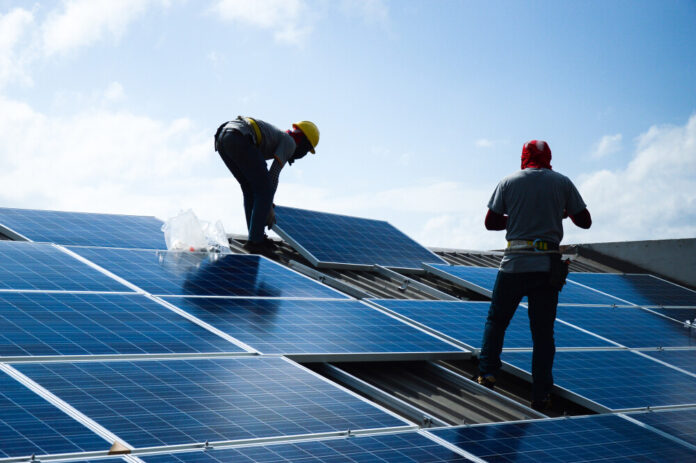
When installing solar panels on your home, the first step is assessing your home’s solar potential. Solar potential is determined by several factors, including the sunlight your home receives, the angle of your roof, and the type of solar panels you want to install. You can use a solar potential calculator to get a more accurate estimate of your home’s solar potential.
Once you know your home’s solar potential, you can start shopping for solar panels and installation companies. Solar panels are a significant investment, so it’s essential to do your research.
2. Calculate Your Energy Needs
When you plan to install solar panels, one of the first things you need to do is calculate your energy needs. This will help you determine how many panels you need to install and how much they need to produce.
There are a few different ways to calculate your energy needs. One way is to use your electricity bill. This will give you an estimate of how much electricity you use in a month. Another way is to use an energy calculator. This will provide you with a more accurate assessment of your energy needs.
Once you estimate your energy needs, you can start shopping for solar panels. There are a variety of panels on the market, so it is essential to do your research to find the best option for your needs.
3. Decide On A Type Of System
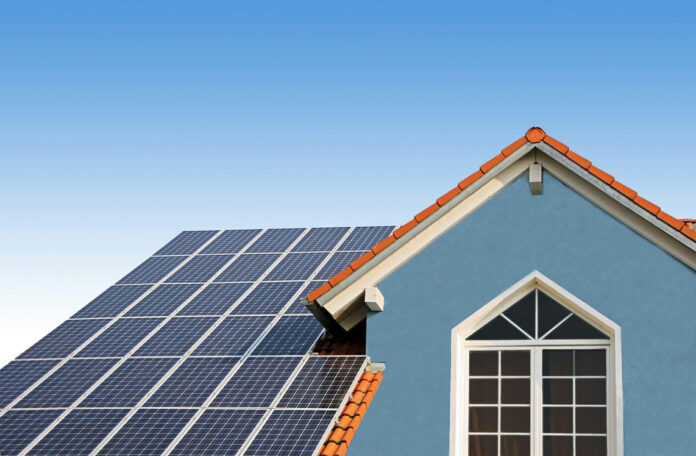
Grid-tied and off-grid are two types of solar panel systems. Determine which type of system is right for your needs before installing solar panels. Grid-tied solar panel systems are directly connected to the power grid.
This type of system is best for homes and businesses that use a lot of power during the day, as the system will offset the cost of power usage. Off-grid solar panels are not attached to the power grid. This type of system is best for homes and businesses not located near a power grid or using very little power.
4. Investigate Solar Subsidies
Homeowners who are considering installing solar panels should investigate solar subsidies. Solar subsidies are financial incentives from the state, local, or federal governments to encourage the use of solar energy. These subsidies can reduce solar panel installation costs and make it more affordable for homeowners.
Solar subsidies vary depending on the location of the property. Homeowners should research solar subsidies in their area to see if they are eligible for any benefits. Solar subsidies can significantly affect solar panel installation costs, so it is important to investigate their prior installation.
5. Get Help From A Consultant
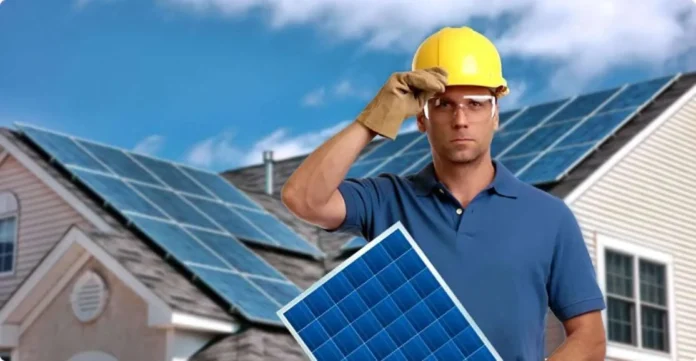
A consultant can help you assess your needs and find the right Solar PV system for your home or business. They can also guide installation, financing, and incentives. Solar PV systems are a great way to save money and reduce your carbon footprint. But they’re not suitable for everyone.
A professional can assess your situation and tailor recommendations on what type of solar panel system would be best for you. They can also help you understand the financial incentives available for solar panel installation and any potential challenges you may face. Click here to get professional help installing solar panels.
6. Roof Shape
Regarding solar panels, roof shape is an essential factor to consider. The angle and orientation of your roof can impact the efficiency of your solar panels. To get the most out of your solar panels, it’s essential to choose a roof shape that will maximize their efficiency.
There are a few different roof shapes to choose from, and each has its own benefits and drawbacks. For example, a flat roof is an excellent option if you live in an area with a lot of sun. But if you live in a place with a lot of wind, a sloped roof would be a better option.
Ultimately, the best roof shape for your solar panels depends on your specific situation. But by considering all of your options, you can make sure that you choose a roof shape that will help you get the most out of your solar panels.
7. Get Recommendations

Before installing solar panels, you have to get recommendations from friends and family who have already done so. They can give you first-hand insights into the solar panel installation process and the benefits and drawbacks of having solar panels. Asking for recommendations is a great way to start your research, but you should also consider other factors prior to making a final decision.
8. Check For Insurance Coverage
It’s essential to check with your insurance company to see if they offer coverage for solar panels. Solar panels can be a one-time investment, but they can also be expensive to replace if damaged.
Some insurance companies provide a range of solar panels as an add-on to your homeowner’s insurance policy. Others offer separate policies that cover the solar panels themselves. Either way, it’s essential to find out what your options are before you make the investment.
Bottomline
In conclusion, the process of installing solar panels can be complex. However, by understanding the steps involved and taking the time to research the best options for your situation, you can ensure a smooth installation process.
Following these tips will help you move forward with installing solar panels. Keep in mind that the most important factor is to find a reputable company that can guide you through the process and answers any questions you may have. With their help, you can rest assured that your solar panel installation will be a success.

